Turkey and France are opposing each other on many fronts, what might the results of such a class between such major powers mean for them and the rest of the world?
Pursuing opposed policies in Syria, French support for the separatist terrorist organizations (especially the PKK) and the never-ending French opposition for Ankara’s EU membership, are some of the issues that cause disagreement between the Turkish and French in different regions of Africa.
The incidents that took place between the two countries in the Eastern Mediterranean in recent weeks and the statements from both sides indicate that yet another disagreement has now been added to this list.
https://twitter.com/FactsofTR/status/1276184376309661697
THE UNSUPPORTED ACCUSATIONS OF PARIS
French Defense Minister Florence Parly made statements criticizing Turkey’s Eastern Mediterranean policies at the meeting between the NATO’s defense ministers, which was held via video conference.
At the meeting, Minister Parly’s version of the story of the French frigate deployed in the Mediterranean and was subsequently subjected to a “very aggressive” interception by the Turkish representatives, a scenario which has been circulating through the media.
French sources had already claimed that a French frigate was tasked to examine a Turkish cargo vessel suspected of delivering arms to Libya, but the Turkish warships that were escorting the vessel warned the French vessel to back away and even told them the ship was in their crosshairs.
A warning with a “radar lock-on” is considered a last warning before confrontation between two warships. French authorities not publishing the name of the Turkish vessel is another interesting subject.
Immediately after these events, French President Emmanuel Macron’s defined Turkey’s activities in Libya as a “dangerous game”, and revealed the truth behind the discomfort of Paris to be Turkish presence in Libya.
Turkish high-ranking officials who had given statements about the “radar lock-on” to various news agencies have denied the French claims that there has been any “radar lock-on”.
A “high-ranking Turkish official” speaking for Reuters, while saying that the French marines had made an attempt to search a Turkish cargo vessel within the international waters did not have the authorization to do so, also stressed that the alleged Turkish warship did not lock on.
Another Turkish official has told the Demiroren News Agency that there was no “radar lock-on” incident between the Turkish and French warships during the incident, contrary to the French claims.
Turkish Foreign Minister Mevlut Cavusoglu, on the other hand, responded to Macron’s statements, with the following words: “France was confused in terms of its next moves after Operation Peace Spring. If this is how you would treat a NATO ally, these are the consequences. The necessary countermeasures have been taken. France is the country that supplies most of the weapons. All we are doing is supporting a legitimate government. France on the other hand, is arming the putschists. NATO is now saying that ‘Russia has expanded in the Mediterranean’. The first country responsible for this is France. They are doing it against NATO itself. We clearly see what France is doing in Niger. There is chaos in many places right now, and this is because of France. We are not a destructive country like France. What France is doing is very worrying. Their statements are invalid and not well-supported.”
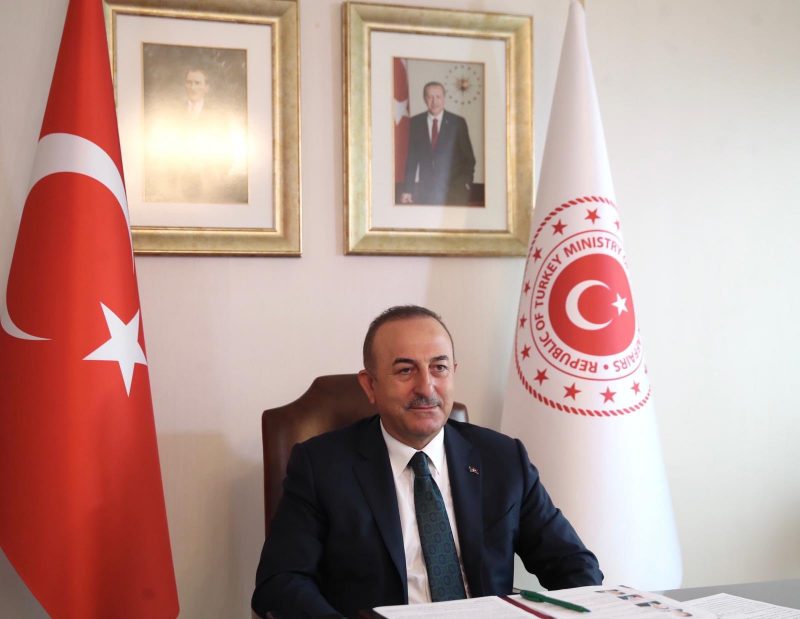
IS TURKEY SHIFTING AWAY FROM NATO?
After this standoff between Turkey and France, NATO Secretary General Jens Stoltenberg had also made a statement that the allegations would be further investigated.
Stoltenberg’s statements about these allegations have further confirmed the possibility of a cracking of relations between Turkey and NATO, while providing more ammunition for the political standoff between Ankara and France, affecting NATO’s integrity in the future.
The United States and France have been heavily criticized by the Turkish government on numerous occasions in the past for supporting the terrorist organizations of PKK/PYD and YPG, yet their support continues.





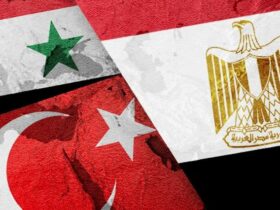

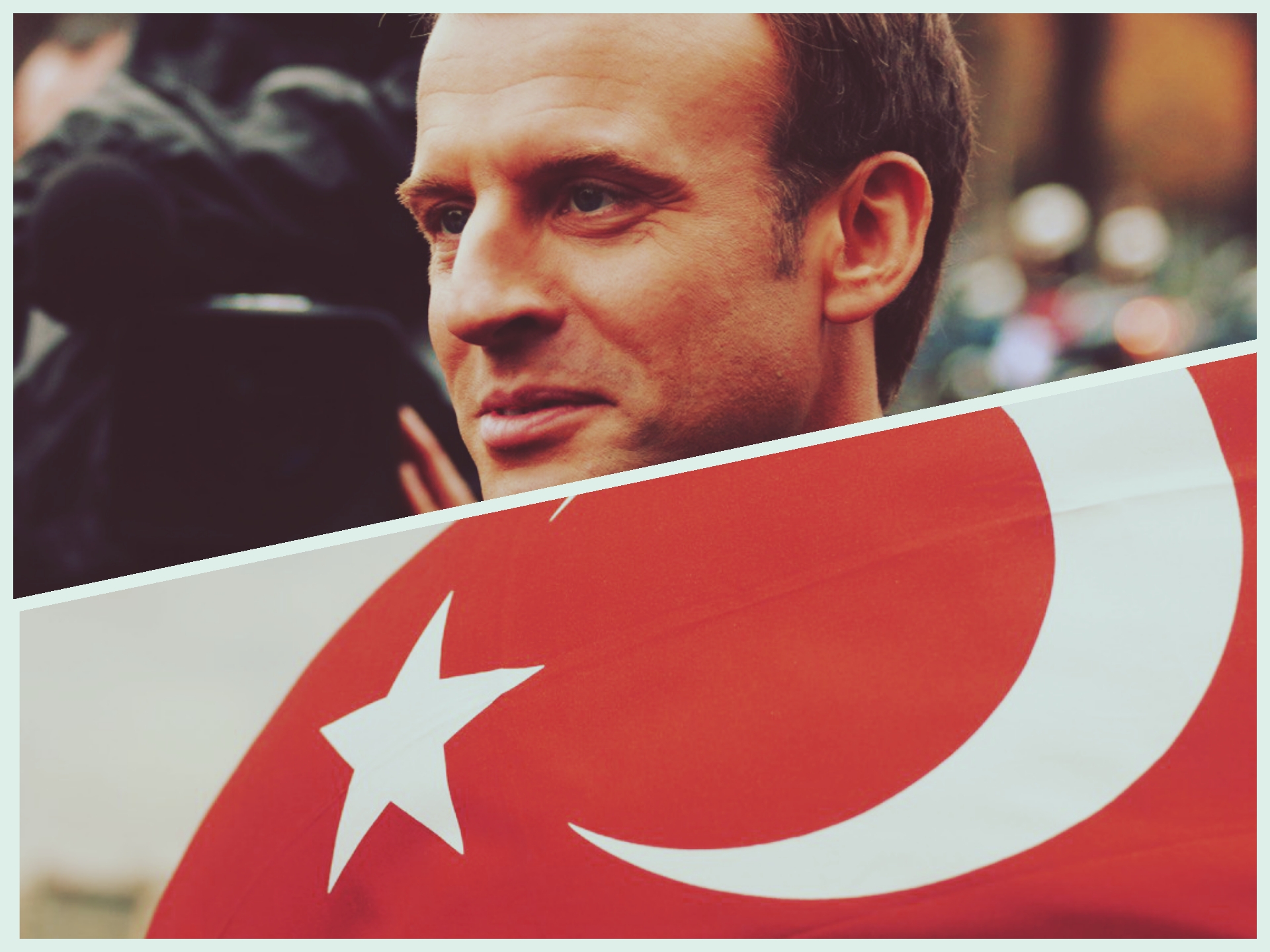
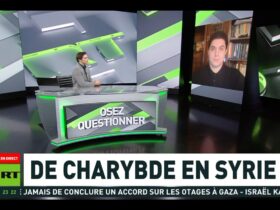
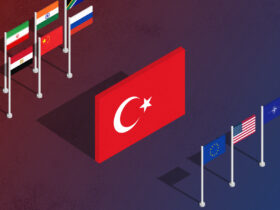
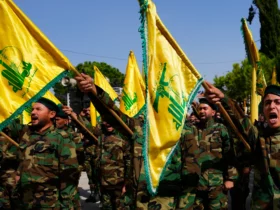
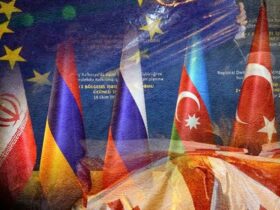
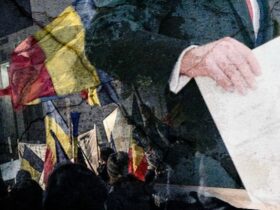
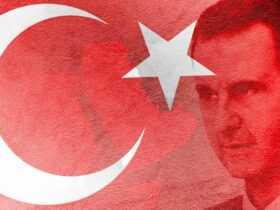
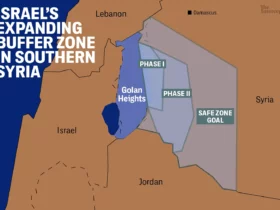
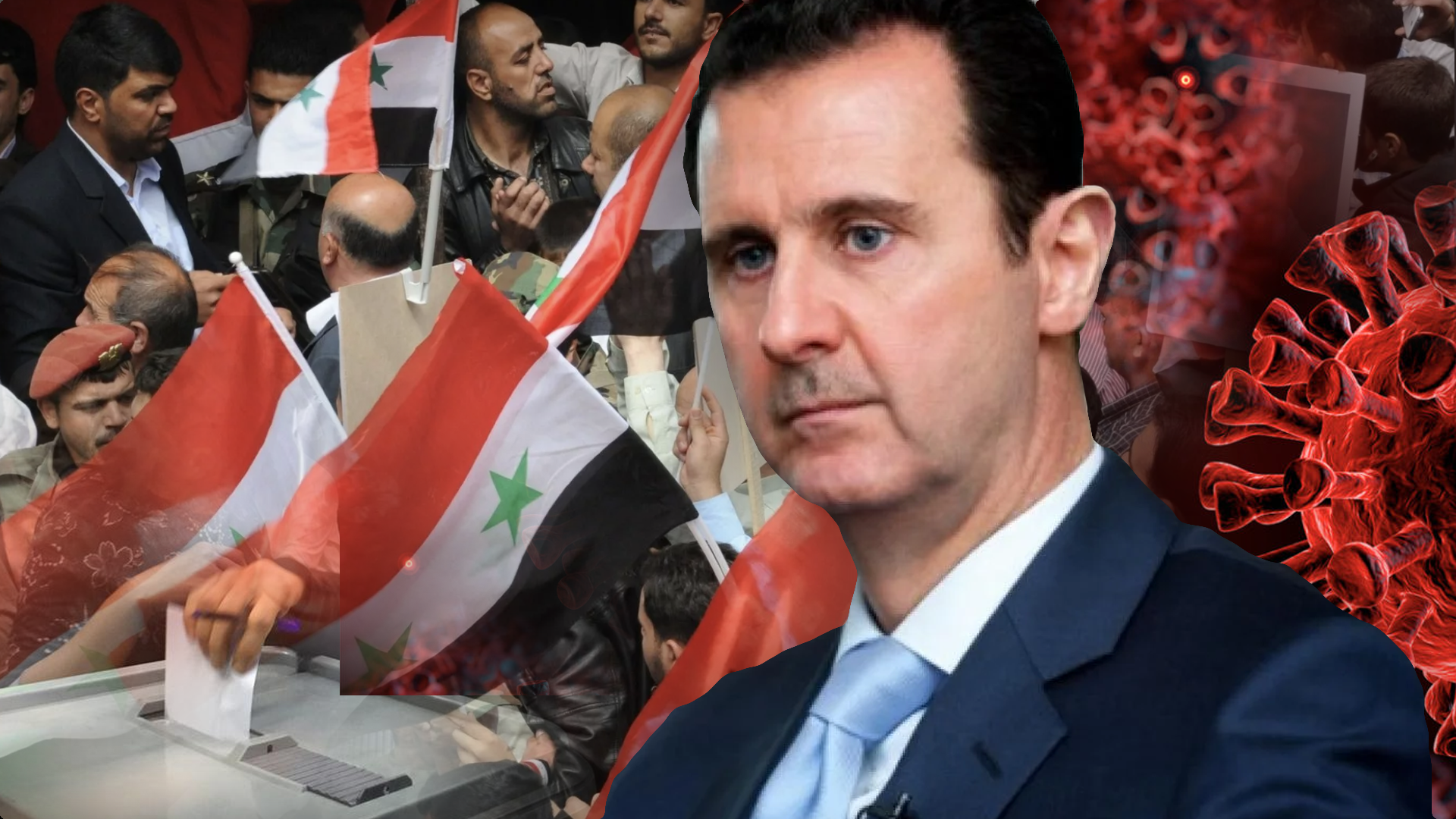

Leave a Reply